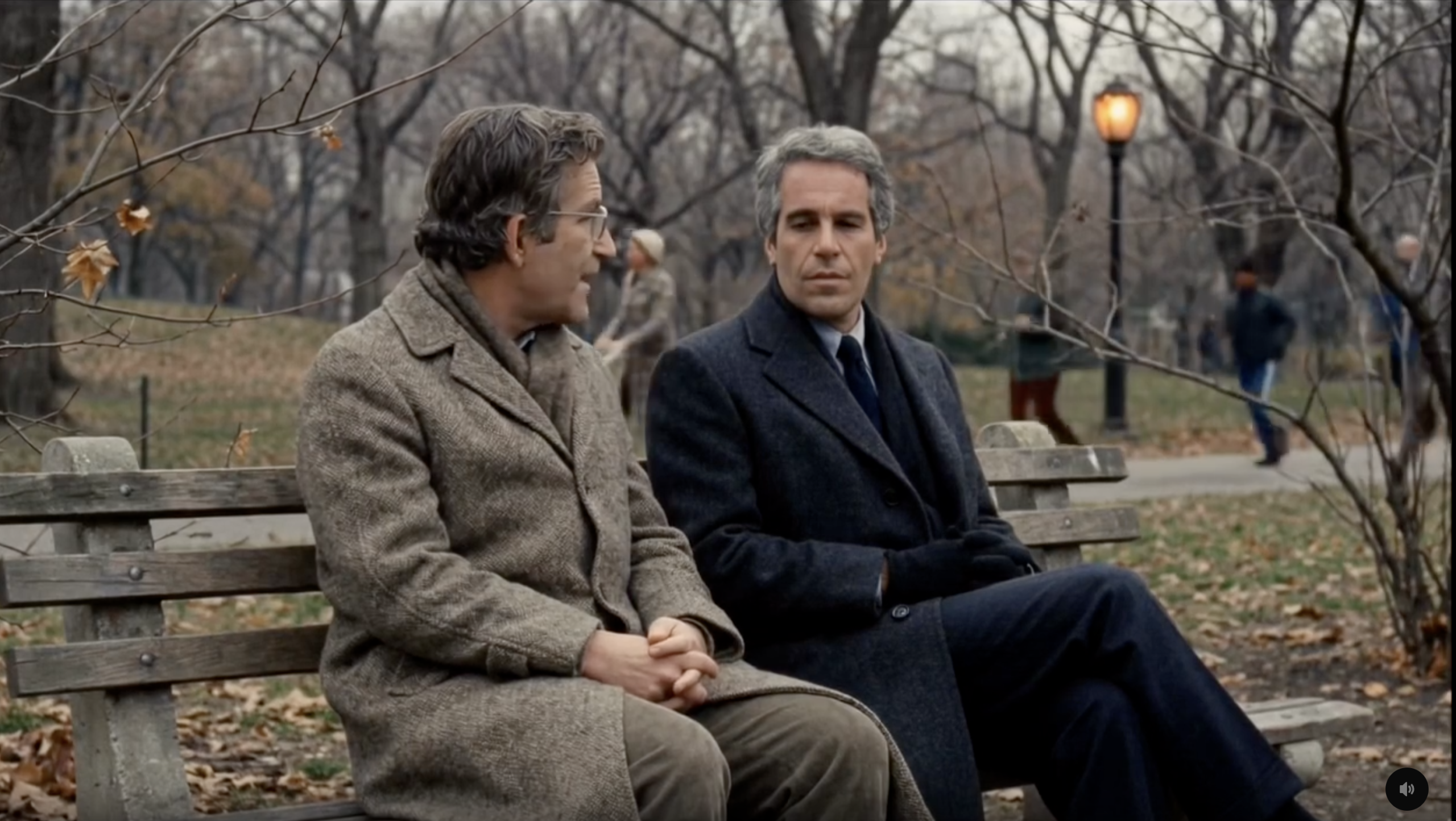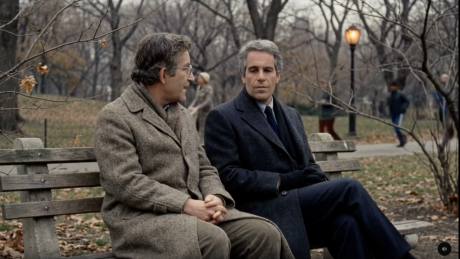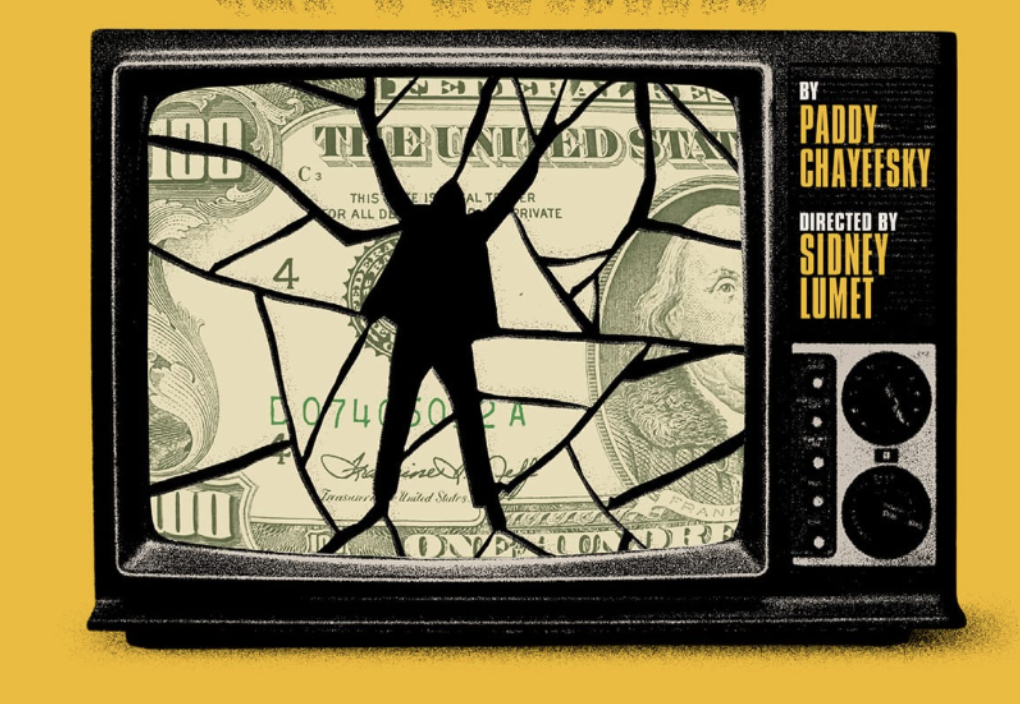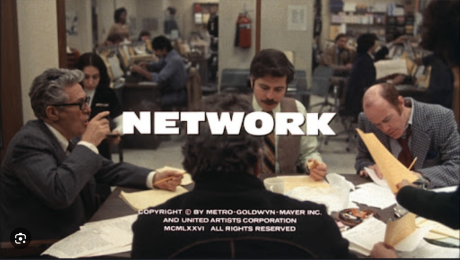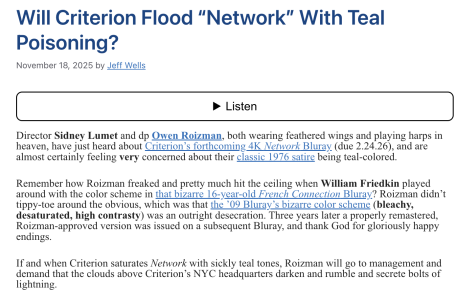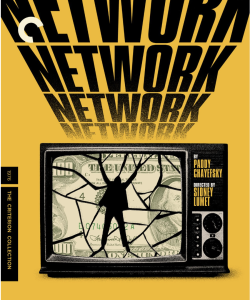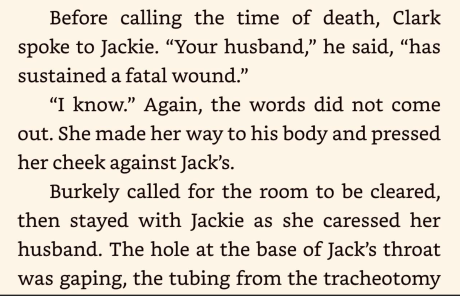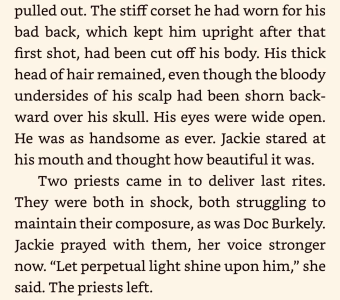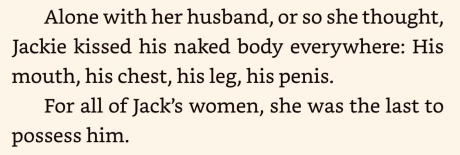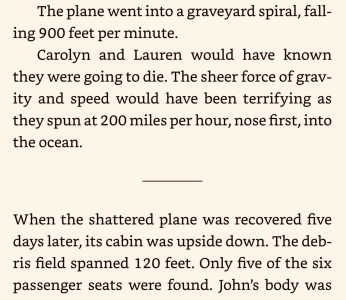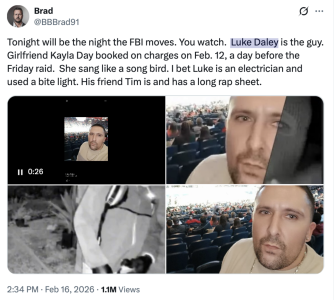Early last evening I walked into a nearby Walmart and bought the new 4K Ben-Hur 3-disc package. 15 minutes later I popped disc #1 into HE’s 4K Sony Bluray player, and right away I was going “whoa…this looks significantly better than my 2011 Ben-Hur Bluray”…my eyeballs were going boooiinngggg!
Seriously, this puppy is truly exceptional…the details are dazzling…this kind of bump is what 4K should always deliver…the red tunics of the Roman legions are so radiant you might feel a slight urge to shield your eyes…you can really see and savor the fabric threads…Michelangelo’s Sistine Chapel painting looks like it’s been painted upon actual plaster…the sparkling eye colors and moist, lived-in skins of men and women of all ages…the flickering green of windblown olive tree leaves…the gleaming gold-accented chest armor…the chiselled hair patterns of that crouching, giant-sized discus-thrower in the center of the chariot stadium…the exquisite, vibrantly-colored fabrics and robes…all of it. Every shot fills the milk pitcher of your soul.
For the first time in my life I noticed that the late Stephen Boyd (aka Messala) had oversized, oddly-shaped big toes…plus you can see the caked makeup of Hugh Griffith‘s overly dark, painted-on Arab face more clearly…the blacks are mine-shaft deep, velvety and super-smooth…and while you can see a very fine layer of grain if you put your nose right up to the screen, it’s really almost nonexistent. The 4K Ben-Hur is almost like watching the live Cinecitta sets and actors through a just-cleaned window. I was half-chuckling at this, musing that the grain monks — those fanatical asshats who love heightened, extra-visible grain in Blurays of older films…the grain monks might be upset by this…”too smooth and clean!”
And then 20 minutes into disc #1, it froze….”I just bought this!“, I shouted. I hit eject, popped in my lens-cleaning disc, wiped the newbie clean and started over. It was fine after that but c’mon…20 minutes into your first viewing of a brand new 4K disc and it quits?
I still lose interest after the chariot race sequence ends. The air goes out of the balloon, and it becomes tedious. All of that endless suffering of Martha Scott and Cathy O’Donnell in the Valley of the Lepers…”you mustn’t look upon us, Judah!”…relax already! Okay, you’ve got some ugly warts on your face, but you’re still relatively healthy and able to get around….why not just accept the disease and move on and do what you can? Hiding in a cave?…later.
Yes, Robert Surtees‘ tracking camera work during the final two or three minutes is impressive.


 /p>
/p>